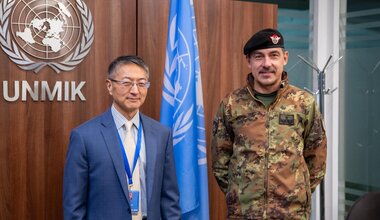Peace beyond the pandemic: Panel discusses challenges and opportunities of the digital era at the 4th UN Youth Assembly in Kosovo
“While the pandemic had digitisation become inseparable from our daily lives, it also triggered the development of new market trends and brought an entire world closer – united by our shared problems, said the Special Representative of the Secretary-General (SRSG) and Head of UNMIK, Ms. Caroline Ziadeh in her opening remarks at the 4th UN Youth Assembly in Kosovo, which brought together 150 young leaders from across Kosovo, including, for the first time, participants from the wider region - Albania, Bosnia and Herzegovina, Montenegro, North Macedonia and Serbia.
“To keep up with this trend, we decided to dedicate this UN Youth Assembly in Kosovo to the conversations about challenges and opportunities of the new post-COVID digital era, and to the role of young people in navigating these changes in a positive manner,” she added.
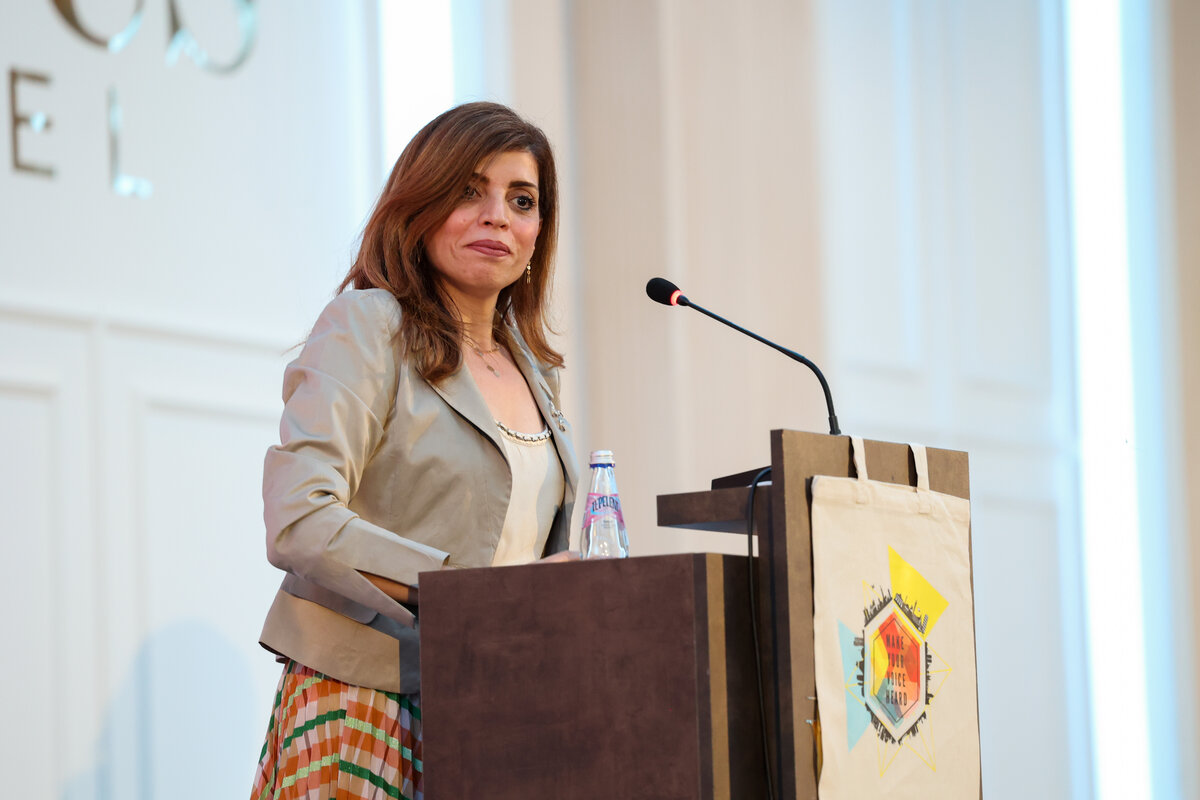
The first session at the event was a panel discussion entitled Youth, Peace and Security in the Digital Era: Challenges and Opportunities, providing young participants a chance to engage more deeply with these questions – the hurdles and pathways created by technology in shaping the involvement of the youth working collaboratively towards sustainable peace in the region.
The session inspired discussions between experts and the youth on subjects ranging from fake news, inter-ethnic cooperation and regional exchange, to bullying, disability and equal access.
The panel was moderated by Ms. Iana Minochkina, UNMIK Youth Adviser, who opened the panel with an acknowledgement: “While the pandemic has emphasised social inequalities, especially for young people from vulnerable backgrounds, it has also demonstrated the vibrant role that young men and women play in building community resilience and by capitalizing on the positive sides of digital reality.
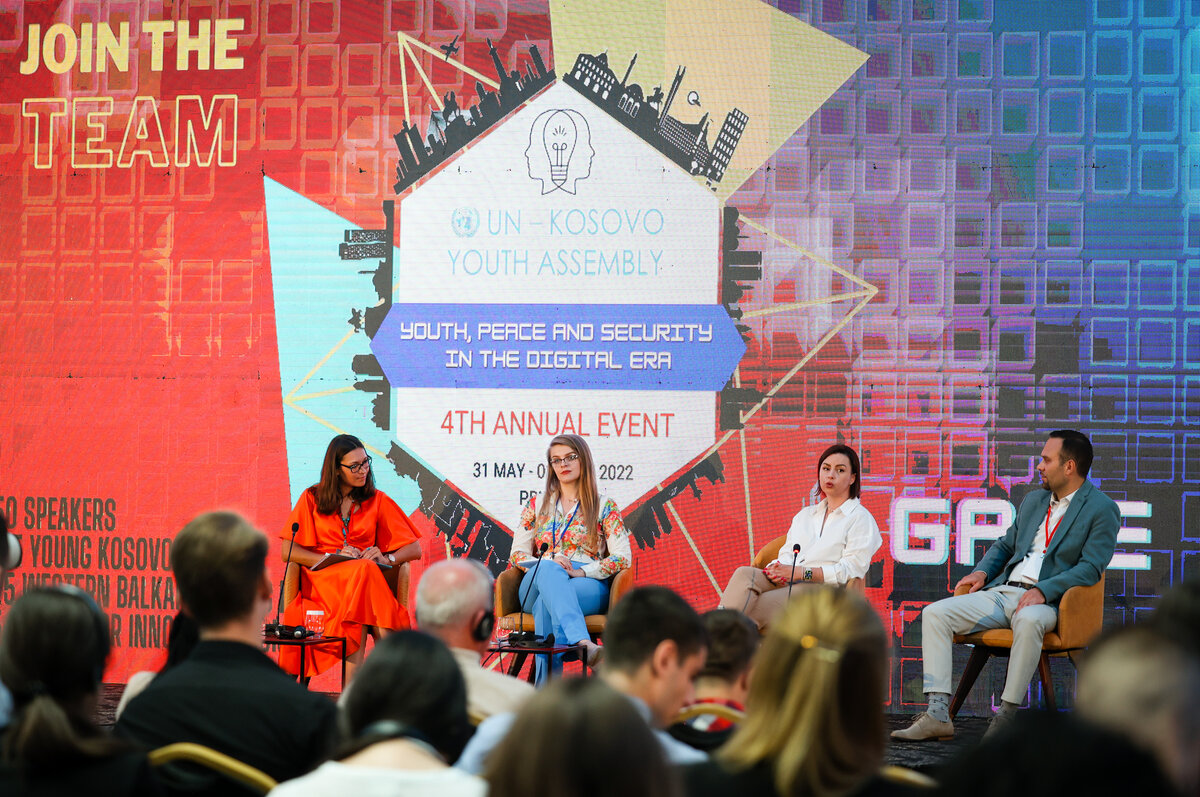
Speakers included Ms. Krenare Gashi-Krasniqi, Head of Regional Youth Cooperation Office (RYCO) Local Office in Kosovo; Mr. Valon Kurhasani, Deputy Director of NDI Kosovo, “Public Opinion Research: Youth and Information Integrity” and Ms. Jovana Radosavljević, NGO New Social Initiative.
In her address, Ms. Gashi-Krasniqi highlighted the challenges and advantages of going digital in the face of pandemic restrictions over the last two years. She spoke of RYCO’s quick adaptability to the new ‘digital normal’, while underscoring the importance of in-person work to create sustainable change and build lasting partnerships.

An example of this has been the RYCO Super Schools, she pointed out. “RYCO organised Super Schools in the Western Balkans, where for the first time schools from the region became part of a youth exchange programme , said Ms. Gashi-Krasniqi.
“We are trying to provide quality education and opportunities for youth to know each other and to know that what unites is much more than what divides us,” she added.
Building trust in the age of misinformation
One of the major challenges of the digital era has been the rise in fake news and misinformation. This was addressed by journalist and fact-checker Mr. Kurhasani of NDI Kosovo.
“The pandemic has accelerated moving online at least by a decade. On one hand its good – political freedom to express your views. But on the other hand, it opens the doors for misnformation,” said Mr. Kurhasani.
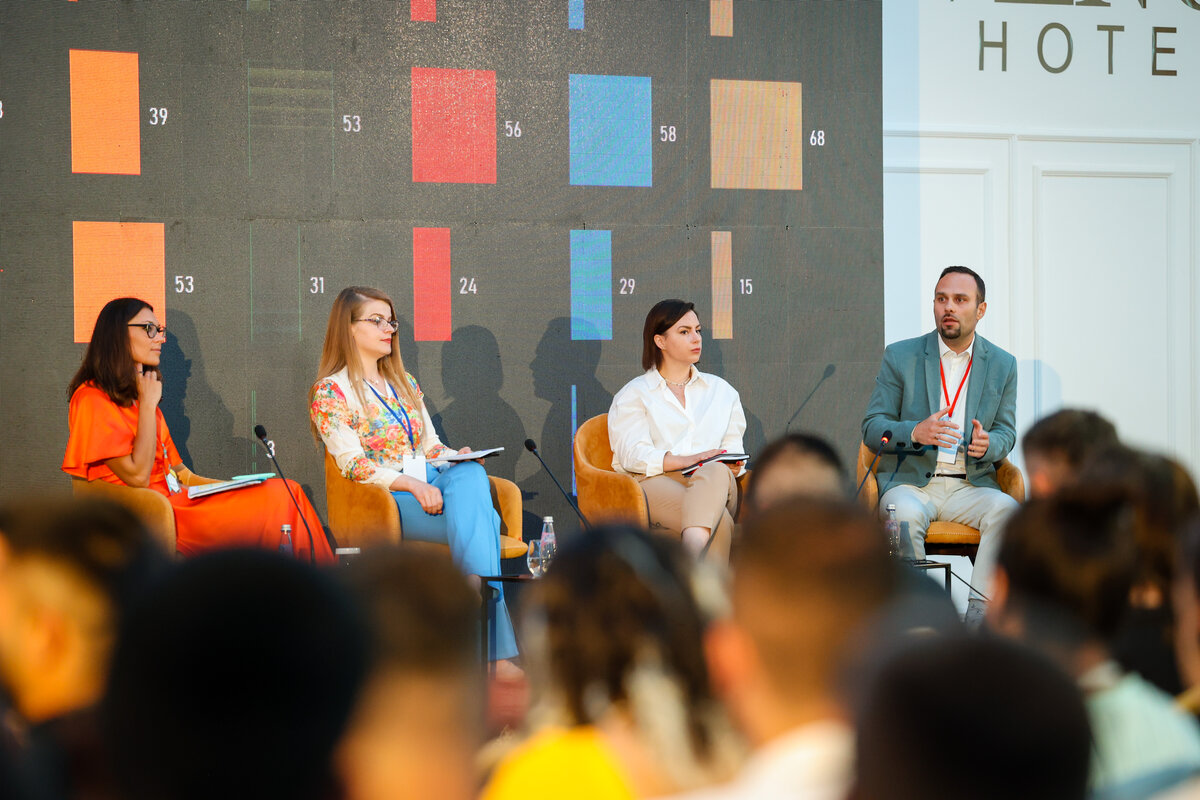
In his presentation, he revealed datapoints on media consumption and susceptibility to fake news across the Western Balkans, based on a study conducted by NDI titled INFORMATION INTEGRITY (NDI Public Opinion Research). It documented a cross-section of respondents including Kosovo youth from diverse communities between the age of 16-29 (December 2021) and a Regional poll (July 2021)
According to the poll, people mostly trust information obtained on social media - with the highest number of such people (71%) belonging to Kosovo, followed by North Macedonia (66%).
Mr Kurhasani, in his address also added, “In order to counter misinformation, it is important not merely to expose falsity, but also to convey constructive and positive information.”
That has been the crux of the UNMIK-supported Kosovo Trust-Building platform, which is managed by three women-led organisations—New Social Initiative (NSI), Open Data Kosovo and Alternativna.
“The core and essence of the Kosovo Trust-Building Platform is that in the sea of negative news, there needs to be a spark of light. In Kosovo things are not only grim. There is more to it and we want to show there are many amazing things happening out there,” Ms. Radosavljević said in her address. She spoke of personal experiences of inter-ethnic collaboration, communication and understanding to overcome prejudice, and KTB as a digital platform that can ensure that peacebuilding remains engaging, accountable and sustainable despite challenges.
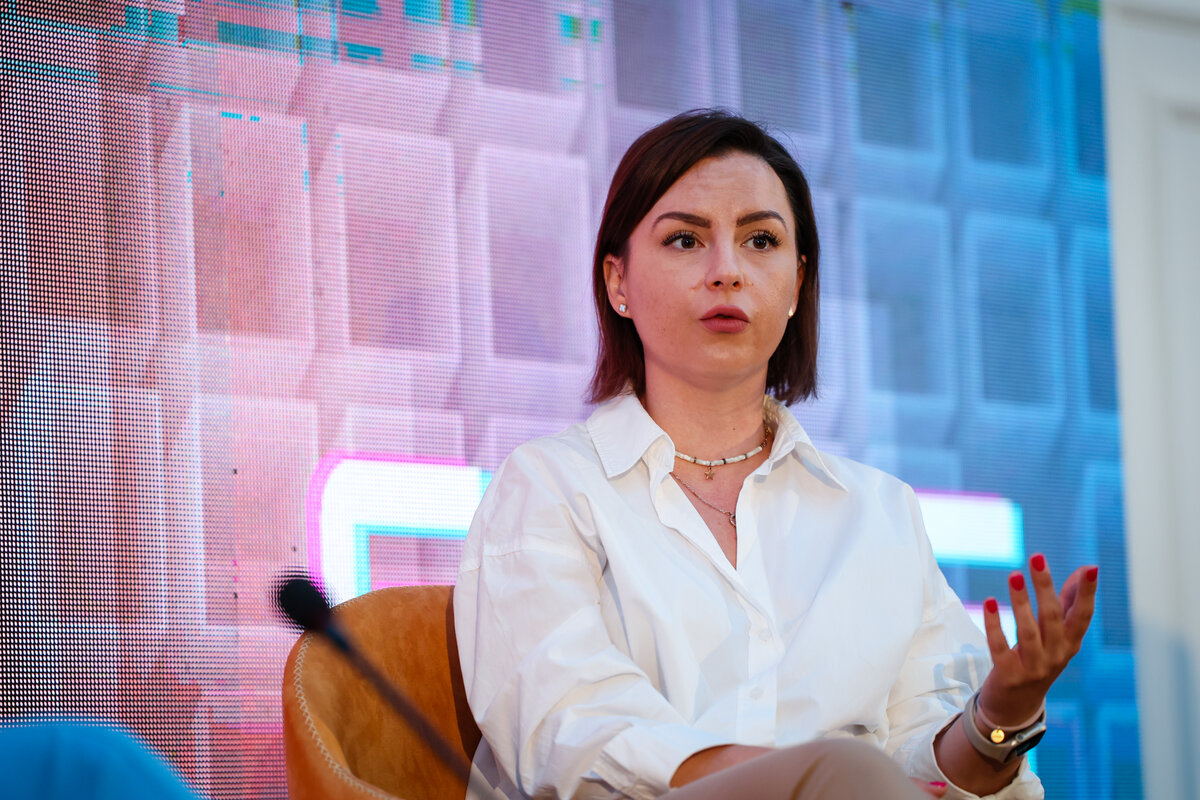
That has been the crux of the UNMIK-supported Kosovo Trust-Building platform, which is managed by three women-led organisations—New Social Initiative (NSI), Open Data Kosovo and Alternativna.
“The core and essence of the Kosovo Trust-Building Platform is that in the sea of negative news, there needs to be a spark of light. In Kosovo things are not only grim. There is more to it and we want to show there are many amazing things happening out there,” Ms. Radosavljević said in her address. She spoke of personal experiences of inter-ethnic collaboration, communication and understanding to overcome prejudice, and KTB as a digital platform that can ensure that peacebuilding remains engaging, accountable and sustainable despite challenges.
Questions from the audience addressed issues of using digital media for peacebuilding, the social reality of bullying and access for people with disabilities.
Arijel Kurtagić, activist and President of European Youth Parliament in Bosnia and Herzegovina, who has defied the challenges she faces to create real impact said: “I am an active young person with a disability who fights for human rights. I have enjoyed and been privileged with continued media attention. I want to say from my personal experience – good news can sell and, in a sense, I am good news.”
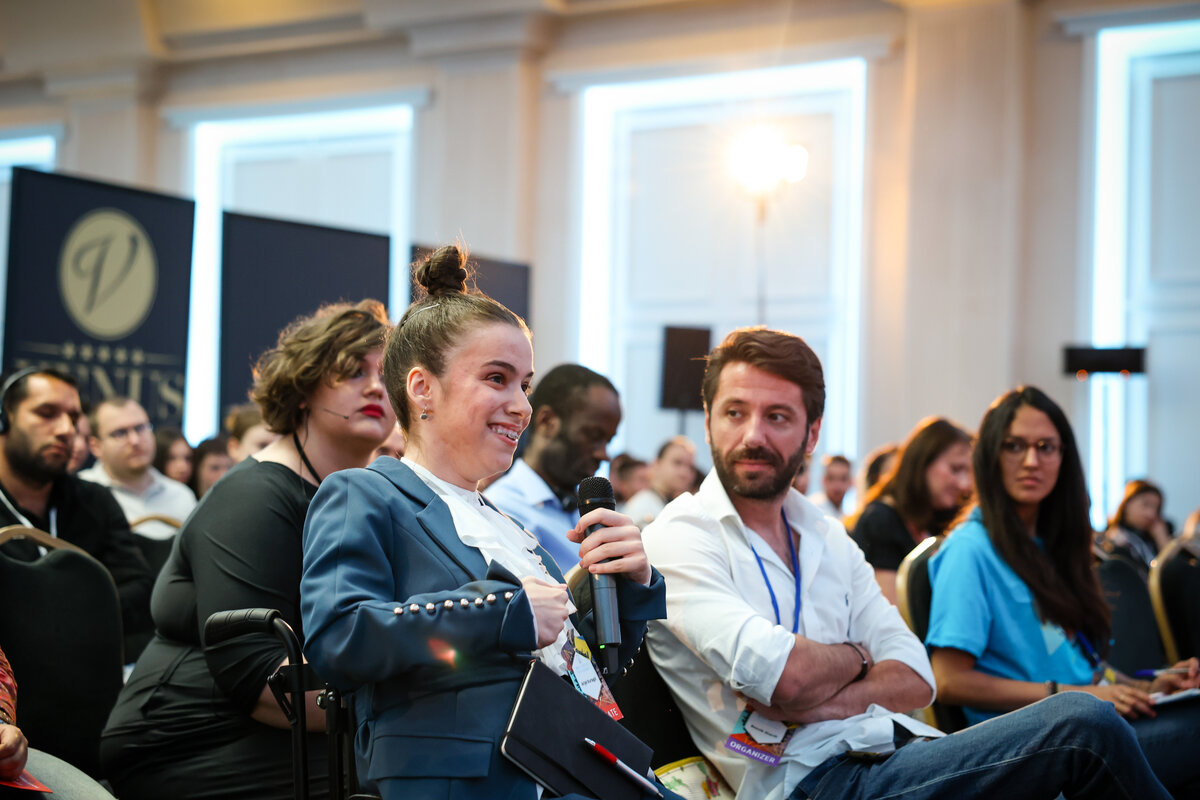
UNMIK Youth Adviser Ms. Minochkina concluded the panel. She said, in her closing remarks, “We need to educate ourselves and take a step forward to expose ourselves to other narratives, perspectives, languages, and meet people from diverse backgrounds. Through this, we can find those things that we can share and celebrate together.”
An inspired audience and panelists set forth for lunch, with new ideas in their minds and the promise of collaboration and innovation for a more inclusive future in their hearts.
This is the second article in a series covering the 4th UN Youth Assembly in Kosovo.
Part I of the series documents the overall event. Read Part I here.
Part III of the series documents the ‘Coffee with Champions’ sessions giving readers a glimpse of how young participants engaged up-close with leaders in their fields. Read Part III here.
***
About UN Youth Assembly in Kosovo:
The annual UN Youth Assembly in Kosovo is the biggest multi-ethnic forum in Kosovo that brings together Kosovo youth from across all communities. It serves as a platform to connect young leaders from diverse communities, UN officials and decision-makers of all levels to discuss and address youth-specific problems, foster youth inter-ethnic and inter-cultural cooperation, enable synergies and take stock of the implementation of the Youth, Peace and Security agenda.
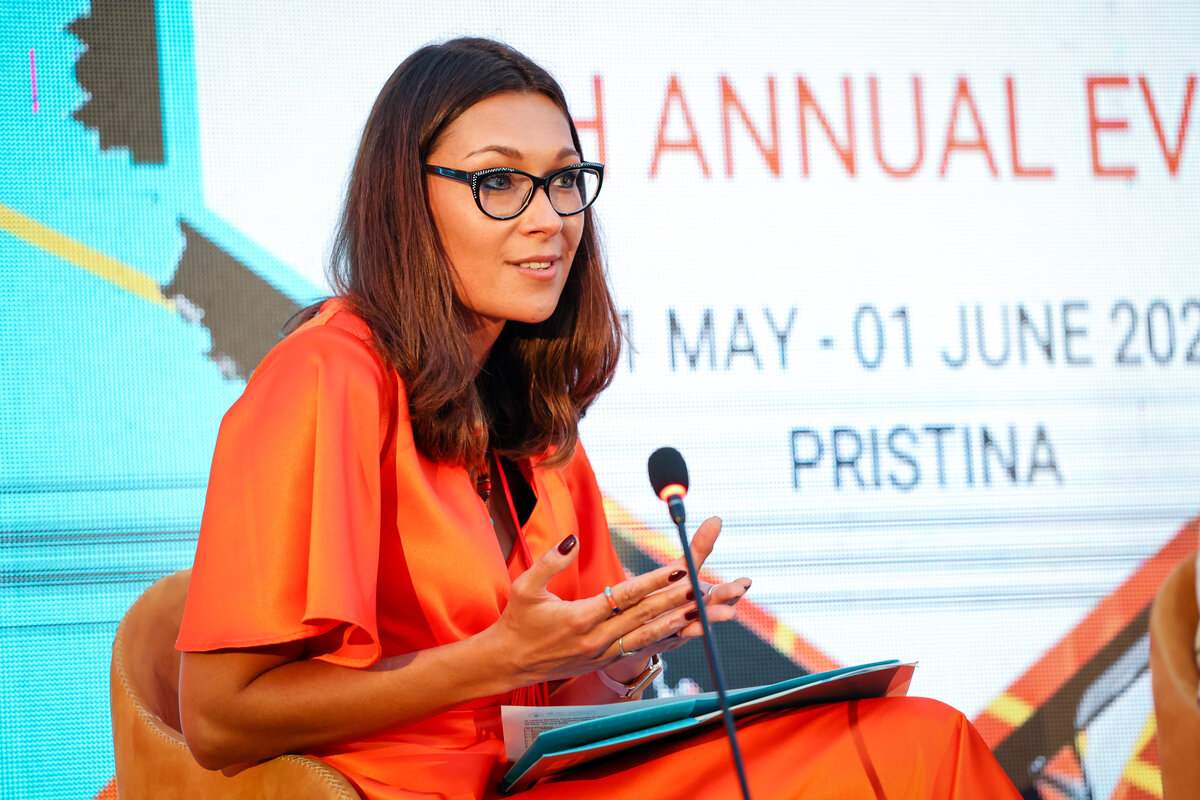
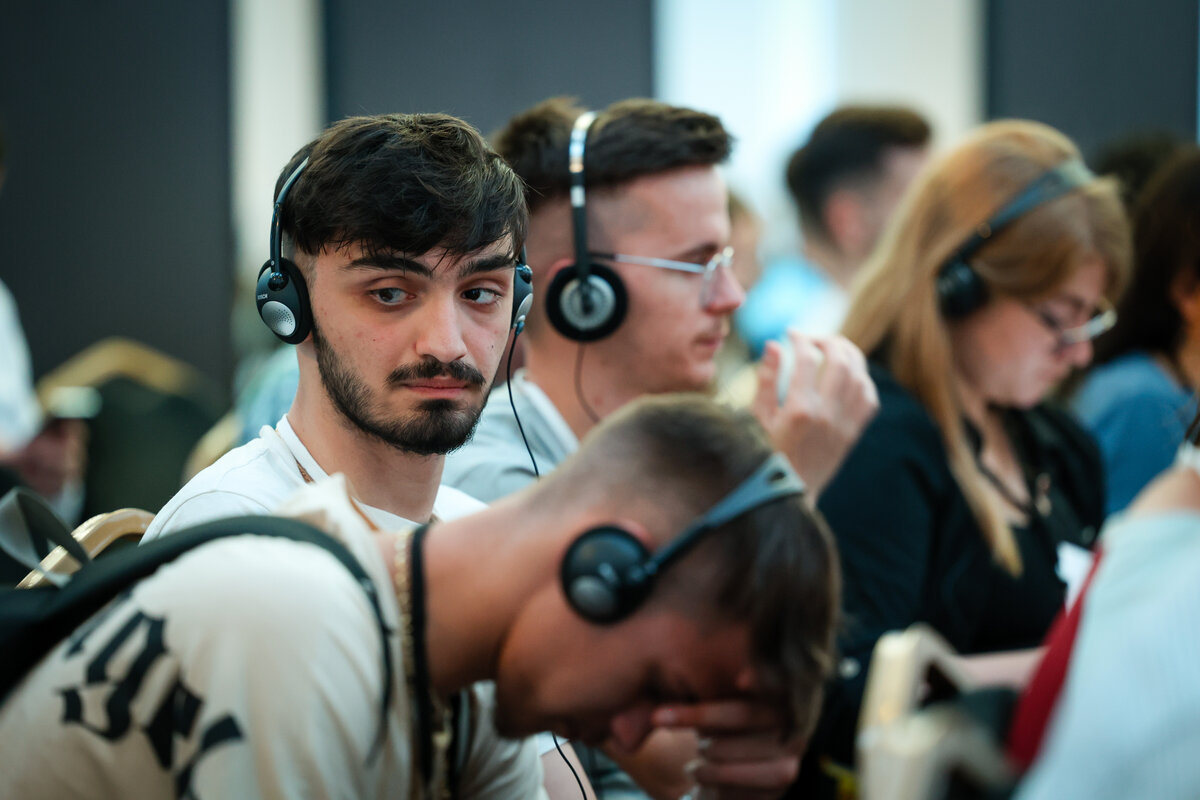
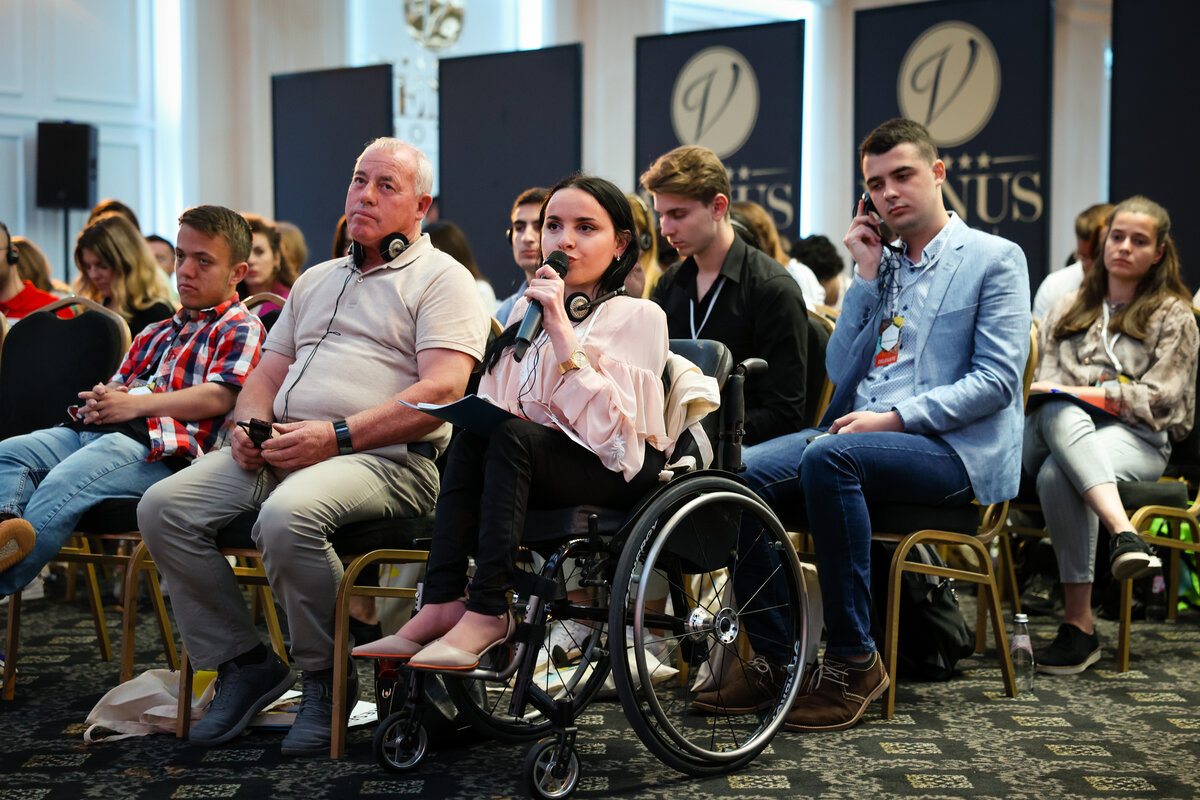
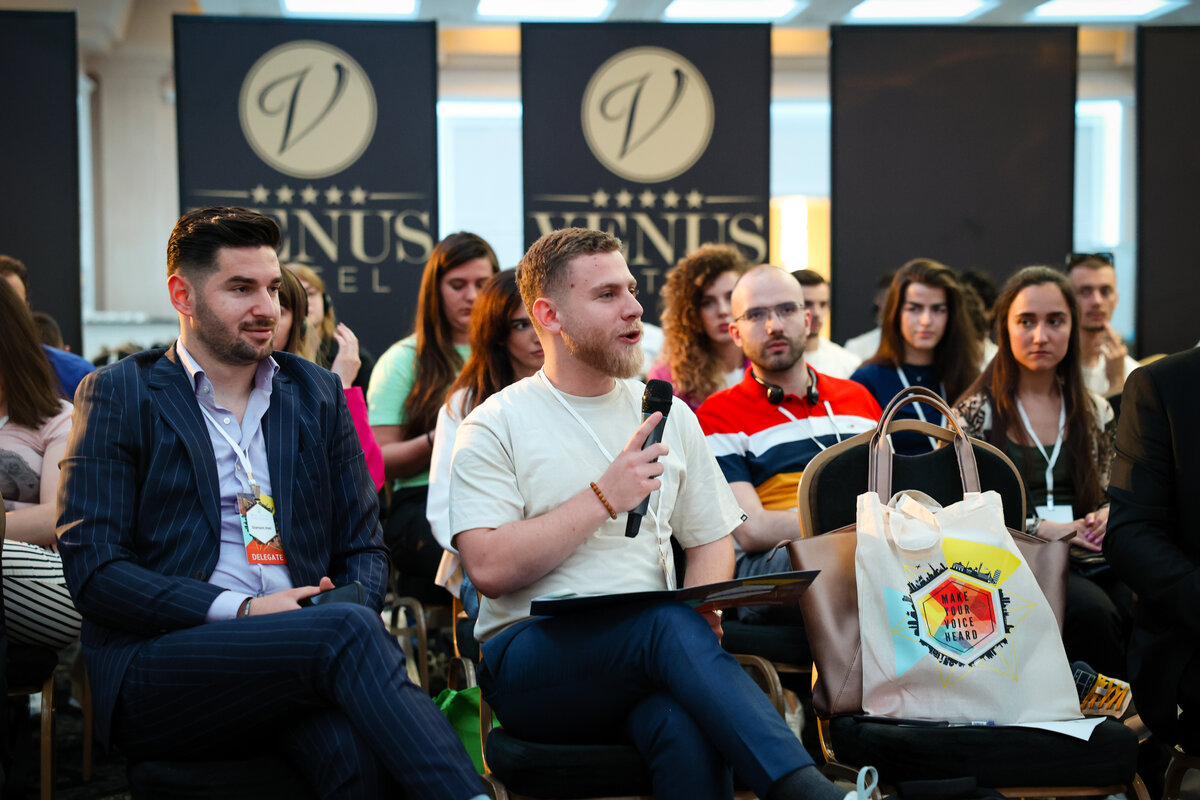
 UN
UN United Nations Peacekeeping
United Nations Peacekeeping





